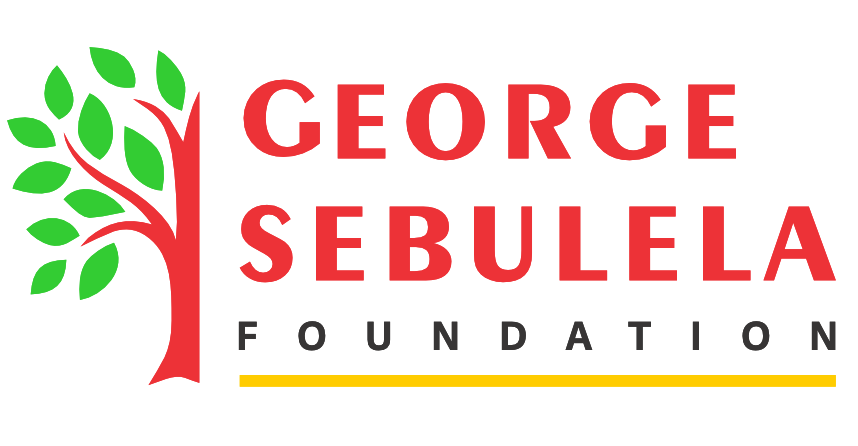Access to water, sanitation and hygiene is a human right, yet billions are still faced with daily challenges accessing even the most basic of services.
Around 1.8 billion people globally use a source of drinking water that is contaminated with faecal matter. Some 2.4 billion people lack access to basic sanitation services, such as toilets or latrines. Water scarcity affects more than 40 per cent of the global population and is projected to rise. More than 80 per cent of wastewater resulting from human activities is discharged into rivers or sea without any treatment, leading to pollution.
Our goal is to contribute in ensuring that certain communities have access to safe water sources and sanitation.
Impact of lack of Water & Sanitation
Water and sanitation- related diseases remain among the major causes of death in children under five; more than 800 children die every day from diarrhoeal diseases linked to poor hygiene.
–
Proper water and sanitation is a key foundation for achieving the Sustainable Development Goals, including good health and gender equality.
–
By managing our water sustainably, we are also able to better manage our production of food and energy and contribute to decent work and economic growth. Moreover, we can preserve our water ecosystems, their biodiversity, and take action on climate change.
The vital role we play
We work to keep governments accountable, invest in water research and development, and promote the inclusion of women, youth and indigenous communities in water resources governance.
–
Generating awareness of these roles and turning them into action lead to win-win results and increased sustainability and integrity for both human and ecological systems.
–
We get involved in the various campaigns such as World Water Day, World Toilet Day etc. that aim to provide information and inspiration to take action on hygiene issues.
